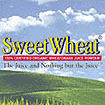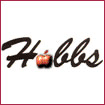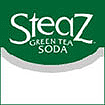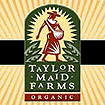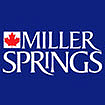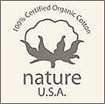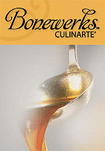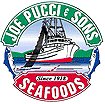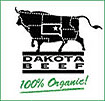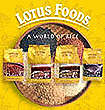The
Story of Miller Springs Water
By
Ellen Walsh
There
are many ways to strike Gold.
One of them is to find Water. Very, Very Pure Water.
High in the mountains
of British Columbia, a farmer named Dan Miller was having unusually
good luck with his 200-acre alfalfa field. The fact that he
could water his field for 90 straight days, sometimes 24 hours
a day, was attracting a lot of attention. It not only produced
noticeably superior alfalfa, but the water supply seemed to
be endless.
A hydrologist’s
test showed that the well was pumping 750 gallons per minute.
A test performed to determine its purity showed it to be one
of the purest forms of water he had come across.
What
makes this water so pure?
Its pristine origin paints the initial picture. Located in a
mountain spring on a plateau between British Columbia's beautiful
Okanagon Valley and the Kootenay Mountain Range, and the water
begins its journey 400 miles north of this destination, near
Jasper Park. Fissures-- the earth's ultimate filtration system-–
keep the water pure on its journey. Once nature has delivered
the water to the spring, it is then bottled as Miller Springs
Pure Canadian Spring Water.
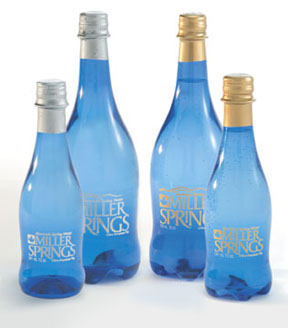
An analysis of
Miller Springs calculated that not only could the spring provide
the purist water possible to consumers, but could do it at very
reasonable prices due to the torrent of water coming out of
the springs. At 750 gallons of water a minute, he could build
10 plants and run two shifts a day and never run out of water.
They haven’t actually done that, but they could.
One of the keys
to understanding what makes Miller Springs water so pure is
a designation known as TDS – total dissolved solids. TDS
is the amount of dissolved solids (typically various salts,
minerals and metals) in a given volume of water. It is expressed
in parts per million (ppm). The higher the TDS, the less palatable
the water is thought to be.
The most common
TDS range on municipally treated city water is 200 - 400 ppm.
The maximum contaminant level set by the U.S. Environmental
Protection Agency is 500 ppm but many brackish ground water
supplies are used around California and some private well sources,
thought to be pure, have a TDS of 1500 - 2000 ppm.
Generally, one
wants a TDS of less than 500 for household use. When the levels
start to exceed 1500 ppm, most people start to complain of dry
skin, stiff laundry, and corrosion of fixtures. White spotting
and film on surfaces and fixtures is also common at these levels
and can be very difficult or impossible to remove.
Miller Springs
water has a TDS level of 160 and is virtually salt free. The
overall purity of the water is a huge contributor to the taste,
and has been the deciding factor in many chefs using it as an
ingredient for coffee, and other chef inspired selections where
high quality is the issue.
Since Miller
Springs water is bottled at the spring source surrounded by
Crown Lands, the plant is easily able to maintain the integrity
and purity of the water. The water is simply filtered, ozonated
and packaged. Nothing is added to alter what is considered to
be some of the finest spring water on earth.
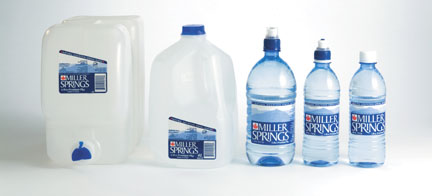
The same standards
hold true for Miller Springs sparkling water. Because Miller
Springs’ TDS is extremely low, less CO2 is needed. The
lower the TDS, the more the carbonation wants to attach itself
to the water molecules, thereby retaining the "sparkle"
much longer. Higher levels of TDS interfere with the water’s
ability to retain carbonation.
So what separates
brands like Miller Springs from more popular brands of bottled
water? According to the Natural Resources Defense Council, popular
brands such as PepsiCo’s Aquafina and Coca-Cola’s
Dasani use regular tap water that has been purified by reverse
osmosis, often taken from local rivers. The process of reverse
osmosis removes most of the TDS but also removes many of the
naturally occurring minerals and other trace elements common
to spring water.
There is little
debate over what difference spring water makes in terms of taste
and nutrition. But in a world where the most prevalent bottled
water contains filtered tap water, Miller Springs is a rare
find. The job of mankind continues to use its best efforts to
imitate nature.
Unfortunately,
that is easier said than done. The details of the earth’s
ecosystem continues to pump the liquid needs of mankind in lumps
of individual – or better yet – unpredictable –
locations. When analyzed, no two springs are ever the same.
Often imitated, but never fully duplicated. Real spring water
continues to be one of the true gifts to mankind. Enjoy nature’s
most perfect beverage.
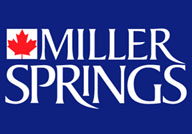
Miller
Springs, Ltd.
RR#1,1410 Sidley Mtn. Rd.
Bridesville, BC VOH 1 BO
Phone 250 446 2125
Waterboy
Distributors, Inc.
U.S. Distributors
7100 SW Hampton St., Suite 121
Portland, OR 97223
Phone: 503 670 1116
Toll Free: 866 322 1116
Fax: 503 598 7765
www.waterboydist.com
Price
information available upon Request.
|











